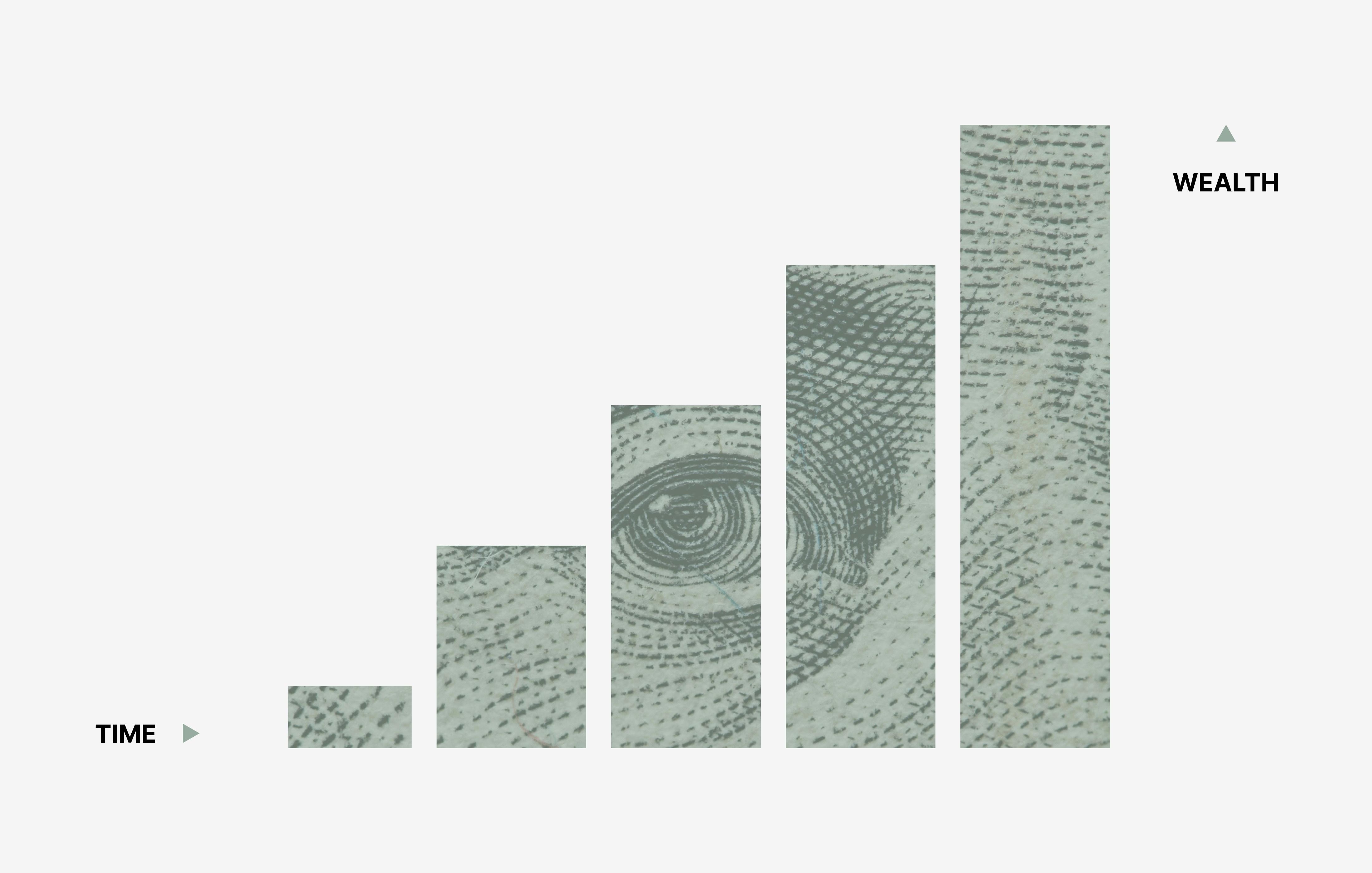In the intricate tapestry of modern life, where the digital age weaves together cultures and economies with unprecedented speed, the pursuit of happiness remains a timeless endeavor. Yet, in the midst of this rapid evolution, a question emerges: what role does materialism play in our quest for contentment? As the world becomes increasingly interconnected, the allure of material possessions has grown more pervasive, promising fulfillment in the form of the latest gadgets, designer labels, and opulent lifestyles. But does the accumulation of wealth and goods truly lead to a happier existence, or does it mask a deeper, more complex relationship between our possessions and our well-being? This article delves into the multifaceted role of materialism in modern happiness, exploring how our desires for the tangible intersect with our innate longing for joy and satisfaction. Through examining contemporary perspectives and insights, we aim to unravel whether the things we own define our happiness or if true contentment lies beyond the material realm. Happiness“>
Happiness“>
Material Wealth and Its Paradoxical Relationship with Happiness
In an era where consumerism is often equated with personal success, the intricate dance between material wealth and happiness becomes increasingly complex. While the accumulation of possessions can provide a temporary boost in mood, research consistently shows that the initial thrill of acquiring new items fades quickly. The paradox lies in the realization that while material wealth can offer comfort and convenience, it does not guarantee lasting contentment. Instead, it often leads to a cycle of wanting more, overshadowing the simpler joys that contribute to genuine happiness.
Consider the following factors that highlight this paradoxical relationship:
- Adaptation: Humans quickly adapt to new levels of wealth and luxury, leading to an insatiable desire for more.
- Comparison: With increased wealth, people often engage in social comparisons, leading to feelings of inadequacy and envy.
- Focus Shift: Pursuing material goods can shift focus away from meaningful experiences and relationships, which are pivotal for long-term happiness.
Understanding this dynamic encourages a reevaluation of priorities, suggesting that true fulfillment may lie beyond the tangible and within the realms of personal growth and interpersonal connections.
Navigating the Emotional Landscape of Consumer Culture
In the intricate dance between consumer culture and personal well-being, materialism often emerges as both a protagonist and an antagonist. The allure of the latest gadgets, the sheen of luxury cars, and the prestige of designer labels promise a gateway to happiness. Yet, beneath this glittering facade lies a complex emotional landscape. Material possessions, while providing temporary satisfaction, often mask deeper voids. As consumers chase after the next big thing, they may find themselves on a treadmill of desire, where fulfillment is perpetually just out of reach. This relentless pursuit can lead to a paradoxical sense of emptiness, as the joy derived from material goods proves fleeting.
- Instant Gratification: Material possessions can provide a quick fix to emotional needs, but this gratification is often short-lived.
- Social Comparison: The pressure to keep up with peers can exacerbate feelings of inadequacy and dissatisfaction.
- Identity Formation: People often use possessions to express their identity, but this can lead to a superficial sense of self.
Understanding the emotional drivers behind consumer behavior is crucial. It’s not just about the physical acquisition of goods, but the emotional resonance they hold. As consumers become more aware of their motivations, they can begin to untangle the complex web of materialism and happiness, potentially finding more sustainable and meaningful sources of joy beyond the tangible.
 Contentment Beyond Material Possessions”>
Contentment Beyond Material Possessions”>
Cultivating Contentment Beyond Material Possessions
In an era where the pursuit of material wealth is often equated with the pursuit of happiness, the concept of contentment becomes increasingly elusive. Modern society, with its relentless advertising and social media influence, encourages a cycle of desire and acquisition, promising fulfillment through ownership. Yet, true contentment often lies in realms untouched by the latest gadgets or fashion trends. Embracing a lifestyle that prioritizes experiences, relationships, and personal growth over physical possessions can lead to a more profound sense of well-being.
To nurture contentment that transcends the material, consider focusing on these key areas:
- Mindfulness: Practice being present and appreciating the small joys in daily life, from a beautiful sunset to a meaningful conversation.
- Community: Foster strong connections with family and friends, as shared experiences and support are invaluable sources of happiness.
- Personal Growth: Invest time in learning and self-improvement, which can provide a sense of accomplishment and purpose beyond material success.
By shifting focus from possessions to the intangible aspects of life, individuals can cultivate a sense of contentment that is resilient and enduring, independent of material wealth.

Practical Strategies for Balancing Materialism and Well-being
In today’s fast-paced world, finding a balance between materialism and well-being can be challenging yet essential for a fulfilling life. Here are some practical strategies to help navigate this delicate equilibrium:
- Prioritize Experiences Over Possessions: Investing in experiences such as travel, learning new skills, or spending time with loved ones often brings more lasting happiness than acquiring material goods.
- Mindful Consumption: Before making a purchase, consider whether it truly adds value to your life. Mindful consumption encourages thoughtful decision-making, reducing unnecessary clutter and promoting a more meaningful relationship with the items you choose to own.
- Set Intentional Goals: Clearly define what happiness means to you and set goals that align with your personal values rather than societal pressures. This helps in distinguishing between needs and wants, leading to more satisfying choices.
- Practice Gratitude: Regularly acknowledging and appreciating what you already have can shift focus away from material desires and foster contentment, contributing to improved mental well-being.
- Engage in Community and Giving: Being part of a community and giving back can provide a sense of purpose and fulfillment that material possessions often cannot match. Volunteering and charitable acts create a positive impact on both the giver and receiver.
By integrating these strategies into daily life, individuals can cultivate a healthier relationship with materialism, leading to a more balanced and enriched state of well-being.
In Summary
As we navigate the labyrinthine corridors of modern existence, the role of materialism in shaping our happiness remains both a mirror and a mystery. It reflects our desires, ambitions, and the societal benchmarks we strive to meet, yet it leaves us pondering the deeper essence of fulfillment. In a world where possessions often stand as symbols of success, it is crucial to pause and reflect on what truly nourishes the soul. Are the things we acquire paving the path to genuine contentment, or merely casting shadows over more profound sources of joy? As we close this exploration, let us not seek definitive answers but rather embrace the questions that invite introspection. Perhaps, in the delicate balance between material pursuits and intangible joys, we might discover a richer tapestry of happiness, woven with threads of both the tangible and the ethereal.


































